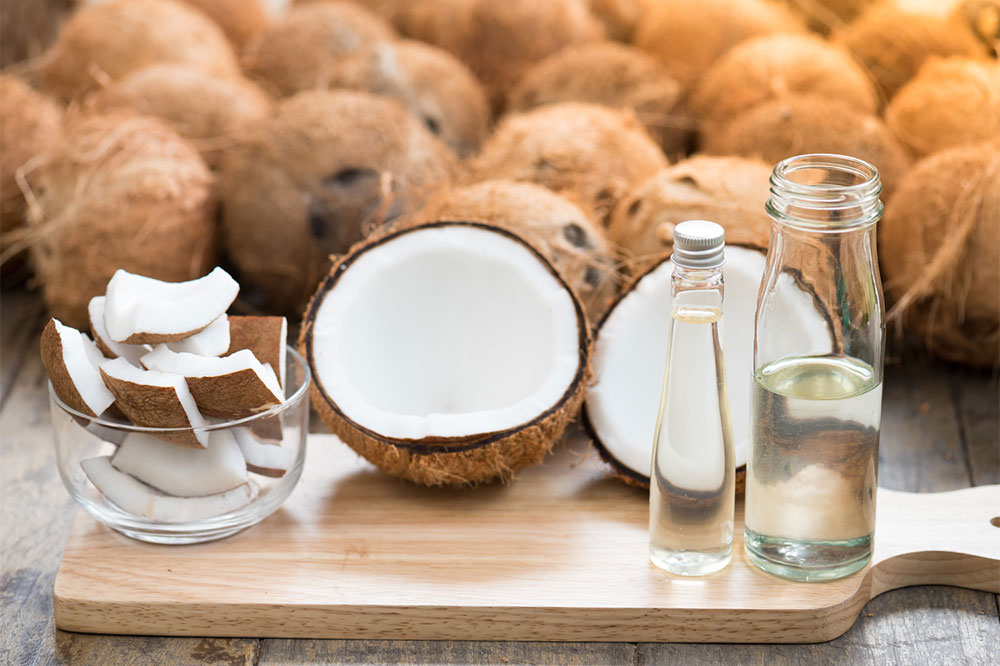
Scalp psoriasis – Symptoms, natural remedies, and management options
Scalp psoriasis is a common skin disorder marked by raised, red, scaly patches on the scalp. The condition is not contagious. Like most types of psoriasis, the causes of scalp psoriasis are not well-known. However, doctors believe the disease develops due to problems in the immune system that lead to quick growth and build-up of skin cells that appear as patches. The condition can be managed by treatment options, certain foods, and natural remedies.
Common symptoms
People affected by scalp psoriasis can experience one or more of the following symptoms:
Scaly, red, bumpy patches
Silver-white scales
Dandruff-like flaking
Dry scalp
Itching
Burning sensation or soreness on the scalp
Hair loss
If one notices persistent symptoms, these should be communicated to a dermatologist or a healthcare professional to obtain a detailed prognosis.
Changes in nutritional regimen
When affected by any type of psoriasis, it is important to avoid foods that may cause flare-ups. These include:
Red meat and dairy products: These products contain arachidonic acid, which has been associated with creating psoriatic lesions. One should avoid beef, sausage, bacon, eggs, and dairy products to reduce the risk of inflammation.
Gluten: People with psoriasis have been found to have an increased risk for gluten sensitivity. So, one may have to avoid wheat (and wheat derivatives), rye, barley, malt, and other foods containing high levels of gluten to avoid flare-ups and inflammation.
Processed foods: Highly processed, calorie-rich foods can increase inflammation and even lead to health conditions like metabolic health syndrome. One should avoid processed foods, packaged meats, and canned fruits and vegetables to prevent flare-ups.
Some foods can help relieve inflammation. These include fresh fruits (like berries, cherries, grapes, and other dark fruits), vegetables (such as broccoli, cauliflower, and leafy greens), fatty fish, heart-healthy oils (containing omega-3 fatty acids), and supplements like vitamin D and B12. These items can help decrease the frequency and severity of flare-ups for people with scalp psoriasis.
Treatment options
While there is no cure for scalp psoriasis, treatments can help control symptoms and prevent flare-ups. The common options are:
Topical treatments: Creams, ointments, oils, lotions, or shampoos containing salicylic acid and tar may be prescribed by doctors to control the spread and calm itchiness on the scalp.
Phototherapy: Based on the severity of the condition, doctors may recommend phototherapy—a procedure that involves exposing affected areas to ultraviolet light on a regular basis.
Doctors may also prescribe oral or intravenous treatments that limit the skin cell production and the spread of psoriasis.
Natural remedies
Certain at-home remedies can help ease inflammation and may be beneficial for people with mild to moderate scalp psoriasis. These include:
Aloe vera: Known for its skin healing properties, aloe vera can help calm itching, inflammation, and redness on the scalp and helps keep the skin moist.
Baking soda: One can add one tablespoon of baking soda to a glass of water and apply it to the scalp to soothe inflammation and itching.
Coconut or avocado oil: These oils can boost skin health and reduce scaling because of their healthy fat content. One can directly massage the oil into the hair, leave it on for 20 minutes, and shampoo as usual for best results.
Oatmeal bath: Oats can help deal with the itching, inflammation, and flaking. Soaking for 15 minutes in an oatmeal bath (by adding a cup of oats to warm bathwater) can relieve scalp psoriasis symptoms.




